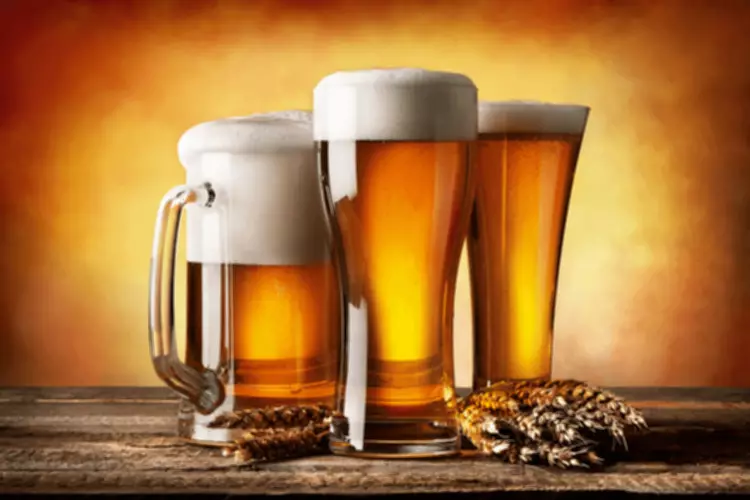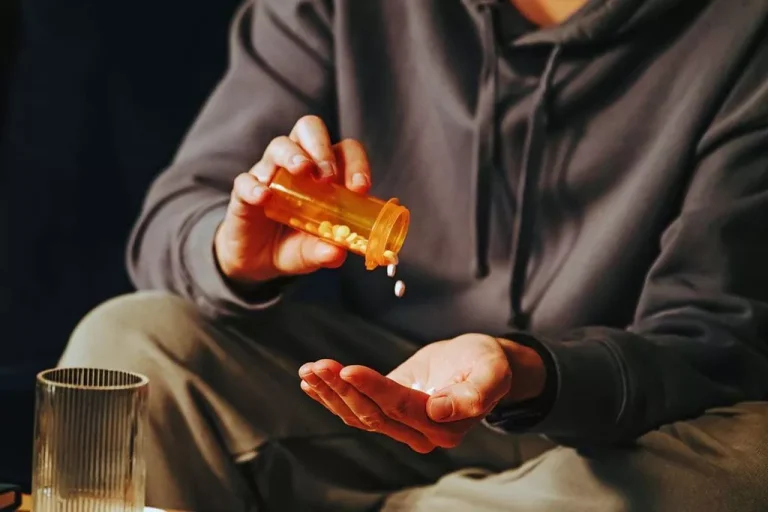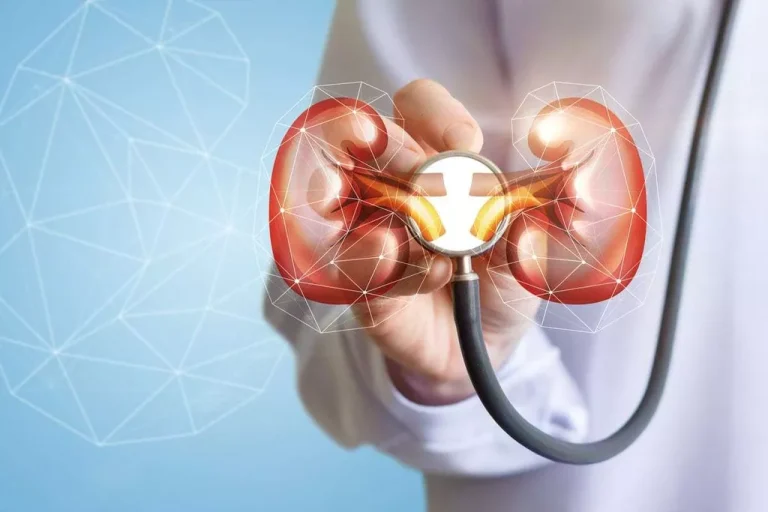Руководство посчитало, что игроки должны соответствовать амбициям, и было абсолютно право. Как это ни прискорбно, но при всех своих претензиях на звание лучшей команды СНГ, Imba так и осталась на уровне лета 2011 года. Strelok и LoWeLy отборы на WCG прошли, причем то, как Strelok не стал чемпионом Украины, удивило многих зрителей турнира. Kas вышел из нижней сетки и взял две серии подряд, несмотря на прекрасную игру соперника.
Торговля индексами с CapitalProf
Постепенно из крепкого середнячка СНГ-сцены, команда стала превращаться в одного из лидеров. Первое испытание для новичка было в августе, когда BratOK, Strelok и LoWeLy должны были принять участие в Assembly Summer 2011 – первый массовый турнир для игроков imba.CapitalProf. К сожалению, Strelok приехать не смог из-за проблем с визой, а LoWeLy не вышел из группы. Зато BratOK показал хороший результат, заняв на этом турнире четвертое место. Если вы не помните, это был тот самый турнир, где BratOK и Stephano (тогда ещё просто сильный зерг) делили 2-е место в группе, играя в поддавки (Вод).
RPL 3, Тур №5: imba.CapitalProf vs Team Empire
Полностью поддерживаю, очень жалко Димагу, когда он тащит практически все свои сеты, а остальная команда сливает. Не хочется никого учить, тк сам только зритель, но имбе нужен хотя бы ещё один игрок высокого уровня,как лаки фиш, а то вторую РПЛ подряд сценарий один и то же. Пару недель спустя, главный амбициозный центр команды, Strelok, пропустил ещё один крупный мировой турнир, к которому долго готовился – MLG Raleigh. На этот раз проблема была не в визе, а в простуде, подхваченной на одном из турниров. И если кэпиталпроф официальный сайт бы не случай с Naniwa (который собирался уйти с турнира после поражения от Strelok), вспомнить о том турнире было бы вообще нечего.
- К сожалению, Strelok приехать не смог из-за проблем с визой, а LoWeLy не вышел из группы.
- Уже совсем скоро стартует новый сезон EG MCSL, участие в котором может принять еще один коллектив из СНГ – imba.CapitalProf.
- Например, цены на сырьевые товары могут иметь огромное влияние на такие биржи, как FTSE 100, где сосредоточена значительная часть акций на сырье.
- Первое испытание для новичка было в августе, когда BratOK, Strelok и LoWeLy должны были принять участие в Assembly Summer 2011 – первый массовый турнир для игроков imba.CapitalProf.
- Таким образом, результаты деятельности компаний с более высокой ценой на акции имеют большее влияние на индекс, чем показатели компаний с более низкой ценой на акции.
StarCraft 2 Команда imbaCapitalProf
Это позволит вам начать свой путь в торговле индексами с большей уверенностью.
Расчет большинства индексов основан на совокупной рыночной стоимости (капитализации) выпущенных акций компании, входящих в этот индекс. Таким образом, результаты деятельности компаний с более высокой ценой на акции имеют большее влияние на индекс, чем показатели компаний с более низкой ценой на акции. Imba.CapitalProf удачно выступила в первом сезоне IPTL, в групповом этапе обыграв почти все не топовые команды СНГ. Я не учился на маркетолога и узнавал все тонкости SMM либо сам, либо на непосредственной работе. Перед тем как приступить к торговле, клиентам следует ознакомиться с важными уведомлениями о рисках, представленными на нашей странице Предупреждения и отказ от ответственности.
Почти сразу после этого, Евгений отправился на IEM в Китае (вышел из группы и уступил elfi 1-3) и Америке (не вышел из довольно средней группы). Летом прошел один из самых важных командных турниров в истории imba.CapitalProf. В итоге – лишь 4-е место – явно не то, на что рассчитывала амбициозная команда. Этот трансфер стал главным событием года не только для Imba и RoX.KIS, но и для всей российской StarCraft-сцены. В нижней сетке imba.CapitalProf силами только двух лидеров расправилась с Virus markets60 отзывы и снова вышла на бой с Имперцами. Чтобы выиграть турнир, необходимо было затащить две серии, тогда как Empire хватило бы одной.
Чтобы ознакомиться со списком участников IBG по всему миру, нажмите здесь. Возможно, я достиг того уровня, на котором можно начинать делиться личным опытом, точно так же, как в свое время делились опытом и знаниями со мной. Надеюсь, что для тех, кому интересен @team_empire, SMM в целом и небольшое закулисье организации Team Empire, этот блог понравится. кэпиталпроф официальный сайт Сразу спешу предупредить, что стиль повествования у меня хромает, да и по русскому в школе всегда была тройка. Очень важно управлять своими ожиданиями и стараться избегать эмоциональных решений. Используйте расширенный анализ и разработайте стратегию, которая позволит вам сократить любые потенциальные убытки.
Уже совсем скоро стартует новый сезон EG MCSL, участие в котором может принять еще один коллектив из СНГ – imba.CapitalProf. Чтобы пройти в число 12 лучших команд, им надо набрать больше всех голосов в этом голосовании. В случае успешного завершения процесса Вы увидите регистрационные данные вашего нового торгового счета. Alex007 у меня предложение по улучшению РПЛ пишу суда по причине не работающего ПМ, а как с тобой связатся по другому я не знаю. Например, цены на сырьевые товары могут иметь огромное влияние на такие биржи, как FTSE 100, где сосредоточена значительная часть акций на сырье.
Компания CapitalProf Markets Limited зарегиcтрирована на территории Невиса (регистрационный номер компании 42235). CapitalProf является членом международной финансовой комиссии The Financial Commission. Самое обидное, что после этого команду не приглашали практически ни на какие лиги, а пройти квалификацию самим сил не хватало. А обидные поражения со счетом 3-4, в том числе от Empire, только подтвердили тот факт, что команда готова к серьезным битвам. В общей сложности imba.CapitalProf скинула балласт в количестве 10 человек, из которых 2 занимались тренерской деятельностью.
Экономические и геополитические события также влияют на динамику некоторых мировых индексов. Отсутствие командных markets60 кидалы результатов вылилось в новый трансферный бум – зимой были подписаны HappyZerg и Elbegast (на тестовый срок). Но свой шанс заскочить на совсем другой уровень команда упустила – пройти квалификации на IPL Team Arena 2 и NASTL Season 1 не удалось. В групповом этапе imba взяла реванш у iP, и обыграли своего принципиального врага – RoX.KIS со счетом 4-3. В плей-офф, благодаря своим новым звездам, команда легко дошла до финала верхней сетки. Strelok сделал all-kill против ieS, а BratOK практически повторил успех товарища против валютные пары более сильного клана Ai.










.jpg)
.jpg)
.jpg)
.jpg)
.jpg)
